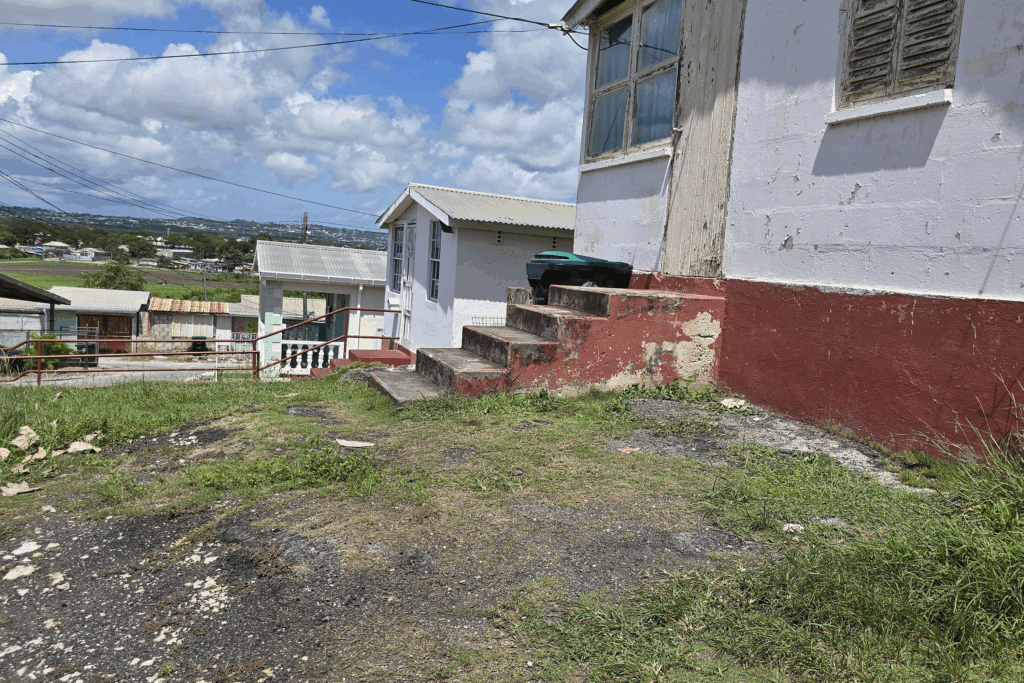The Caribbean is once again reminded that our region remains strategically important, but politically invisible. The alleged killing of two Trinidadian fishermen, apparently the victims of a United States military strike in waters they have fished in for years, is a tragedy.
Relatives of the men and those who oppose the military buildup in the region are outraged. They argue that it exposes the arrogance of a foreign policy that acts in our maritime space without consultation.
For Caribbean people, the sea is life itself. It is our highway, our livelihood, our food source, and our shared heritage. To conduct unilateral military operations in these waters, without so much as a briefing to regional governments, as they have lamented, is to trample on our sovereignty and endanger innocent lives.
The actions also disregard decades of painstaking diplomacy in which Caribbean states have declared this region a Zone of Peace, a space deliberately kept free from the wars and rivalries of larger powers.
This is not an isolated incident. It comes amid a pattern of behaviour in which there is a preference for force over diplomacy. From economic sanctions, cancellation of travel visas to naval “interdictions” under the banner of counter-narcotics operations, our northern neighbour continues to treat Caribbean waters as extensions of its security practice ground rather than as the sovereign and economic domain of small island nations. The result is predictable. There is tension, confusion, and now, needless death.
Astonishingly, there has been no formal explanation from the government of Trinidad and Tobago or to the Caribbean Community (CARICOM). There has been no official acknowledgement of error, and, so far, no gesture of remorse.
There have been some vague statements about “ongoing investigations”. Reuters news agency has reported that the head of the US Southern Command in Puerto Rico which oversaw the military action has abruptly announced his departure, amid claims he was troubled by the actions he was in charge of.
Admiral Alvin Holsey’s abrupt departure as head of US forces in Latin America only deepens the sense of instability and lack of direction in the policy.
The United States should not continue to operate as though the Caribbean was some abandoned area where it could conduct drug-war experiments. These are our homes, our livelihoods. Every fishing boat that ventures into open waters is certainly now gripped with some fear that a drone may mistake it for an enemy craft and blow them out of the water.
The Caribbean consists of sovereign nations, bound by international law and mutual respect. If the region is to feel like real partners in regional security, it must be consulted to prevent “mistakes” like what appears to have been the case with these Trinidadian nationals.
It must share intelligence and adhere to transparent rules of engagement that prioritise the safety of civilians. The alternative is a policy that will only breed resentment and erodes whatever goodwill remains between Caribbean people and their American neighbour.
Our regional leaders have been measured in their responses, but their message is unambiguous. They do not want the Caribbean to be a staging ground for war. Prime Minister Mia Mottley, former Trinidad Prime Minister Dr Keith Rowley and others have reiterated that our sea routes must remain peaceful.
The calls will ring hollow, though, unless they are backed by some kind of collective diplomatic pressure at the United Nations, the Organisation of American States, and every available forum.
At the same time, there is an appreciation by our leaders that negotiating with the current US government can be a tricky exercise. Our dependence on aid, trade, and security cooperation has led to muted criticism when larger powers overstep.
At the same time, is silence a viable option? If we claim to be a Zone of Peace, we must defend that principle even if there is a likelihood of offending friends.
The killing of two Trinidadian fishermen must therefore not be written off as collateral damage in a faraway conflict. It happened here, in our region. It is a test of whether we will again be treated as pawns on someone else’s chessboard.
The post Will the region remain silent or seek answers? appeared first on Barbados Today.


